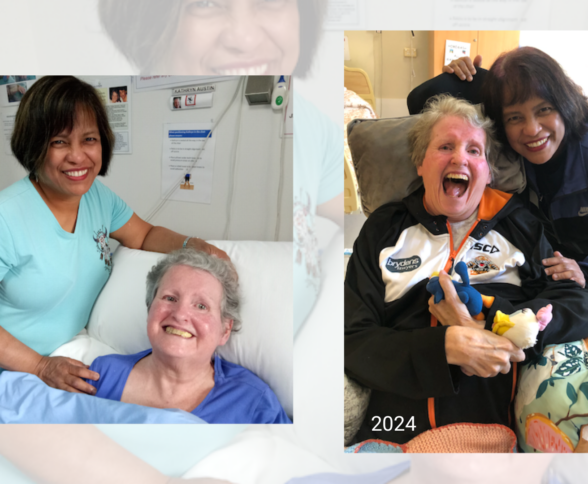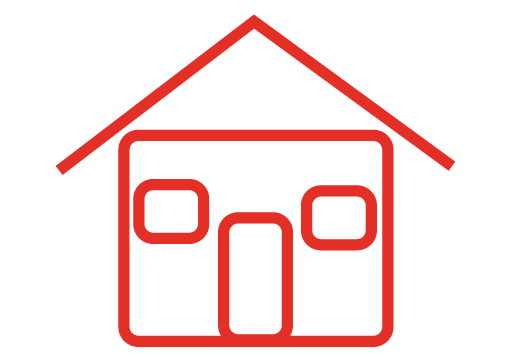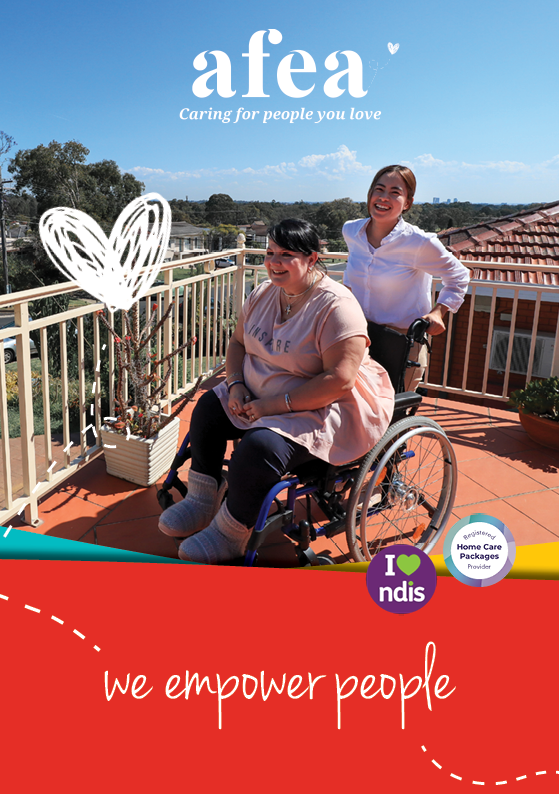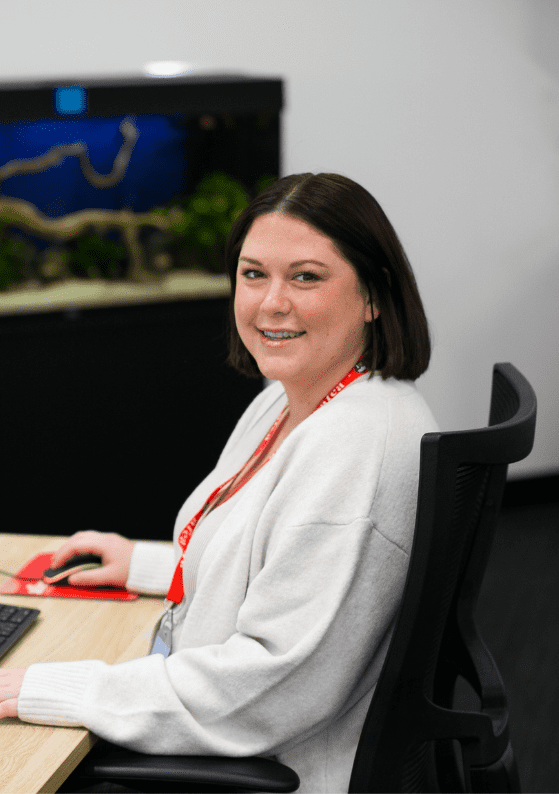This month for Mindful in May, we’re sharing our advice for being more mindful in everyday life. Although ‘mindfulness’ is a bit of a buzzword at moment, it’s not a new phenomenon. The practice itself dates back centuries and is seen in many different cultures. The benefits have been backed up by plenty of modern scientists and medical practitioners too, but if you still need convincing, we’ve broken it all down in this blog.

What is mindfulness?
In a nutshell, mindfulness is paying attention. It’s a widespread misconception of mindfulness or meditation, that they’re about emptying your mind. When in fact, they’re the opposite.
The aim is to use all of your attention and focus purposefully. You may concentrate on a sound, a colour, a place in your mind, or even your own breath.
With our busy minds, it’s inevitable that we lose focus, other thoughts and feelings will pop up. That’s ok, mindfulness teaches our brain to be more aware of its thoughts, rather than not having them at all.
You want to notice these distractions ‘without judgement’. In other words, acknowledge the thoughts, but try to not let them take over, or label them as inherently ‘good’ or ‘bad’. It often helps to think of them as leaves in a stream or clouds in the sky that you’re watching float by.
What are the benefits of mindfulness?
Many studies have shown that mindfulness increases the speed of success in treating some mental health and even heart-related conditions, including high blood pressure.
A study by Dr. Sara Lazar from Harvard University shows a correlation between regular mindfulness and growth of the pre-frontal cortex, a part of the brain that regulates emotion and focuses attention. There are even some studies that suggest mindfulness helps build immune systems and fights age-related decline in the brain!
Practitioners promote mindfulness as a way of getting in touch with yourself. Recognising when thoughts are arising and controlling your reactions to them. Longer-term effects of regular practise can result in more focus, more patience, better decision-making abilities (the ability to use logic, over preconceived judgments) and even better memory.
So how do I do it?
Firstly, there is no one way of practicing mindfulness. There are different approaches depending on what you’re trying to achieve. Sometimes you might want to practise mindfulness to lower your heart rate when feeling nervous, other times it might be to sort through all of the thoughts in your mind to find a clear way forward.
A great way to start is by looking online. There are a free online guided meditations for specific purposes. Different approaches work for different people, try a few different resources, and see what works best for you. It’s like anything else we do, the more you practise it, the better you’ll be.
A super quick meditation for anytime, anywhere
This really simple method of mindfulness helps to calm yourself and reset a busy brain. It can be done with your eyes open anywhere.
Firstly take three deep, purposeful breaths, then silently think of three things you can see. With another three breaths, silently say to yourself with each “I can see thing 1”, “I can see thing 2”, and “I can see thing 3”. With another three breaths, silently name three things you can hear. Finally, name three things you feel. These can be physical, i.e. “I feel the chair against my back”, or they can be emotional “I can feel some butterflies in my stomach”. Take a further three breaths and you should feel calmer. This can be repeated for deeper effects.
This meditation acts as a ‘reset’ button for your brain. It allows you to pause all of the thoughts that are buzzing around your head, and focus on one thing at a time. The slow, purposeful breathing, will lower your heart rate, giving you a sense of calm.
In our next blog, we talk to our CEO Esha Oberoi about how she uses mindfulness to run a business, parent two young children and find time for everything else.















